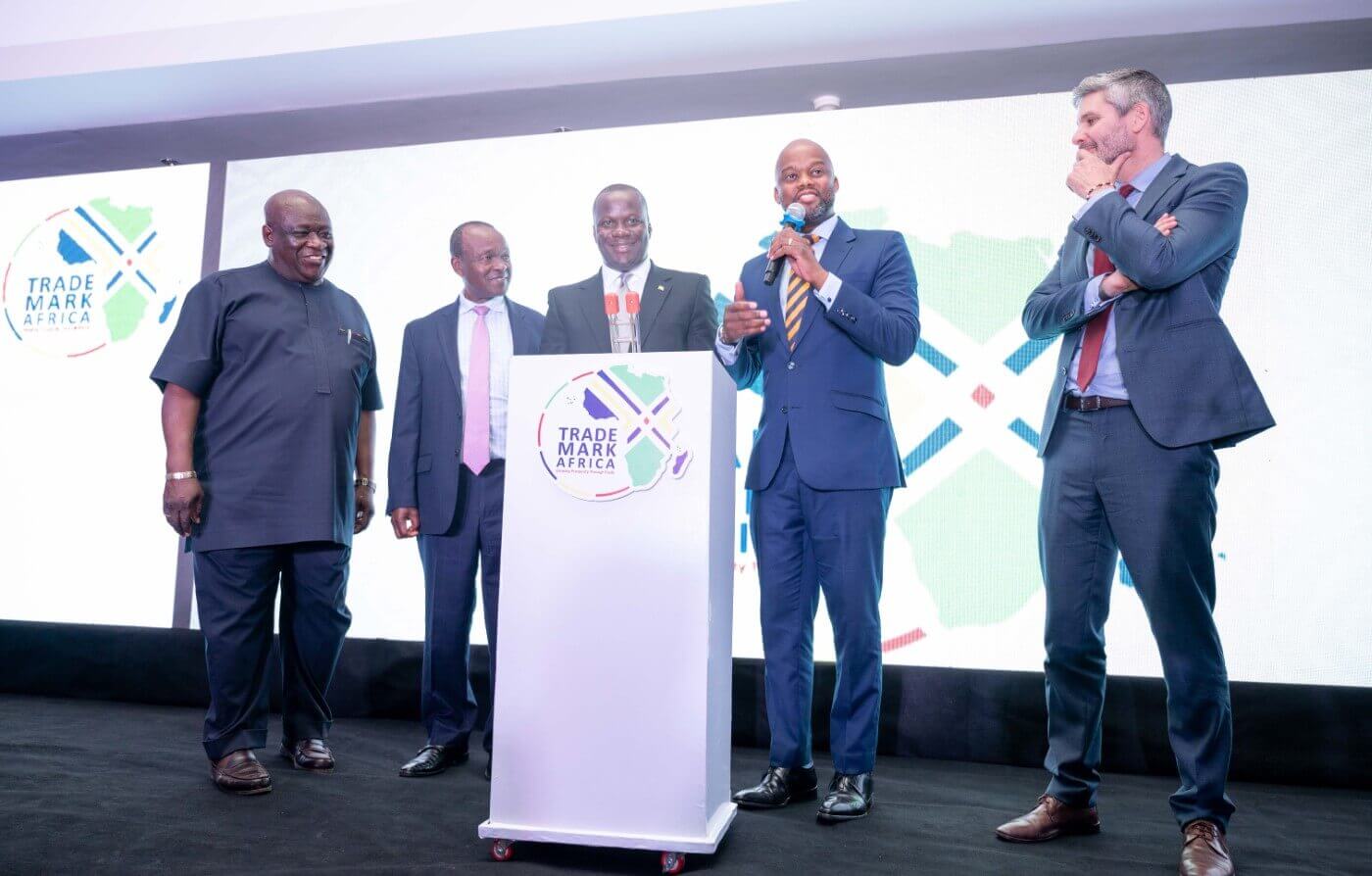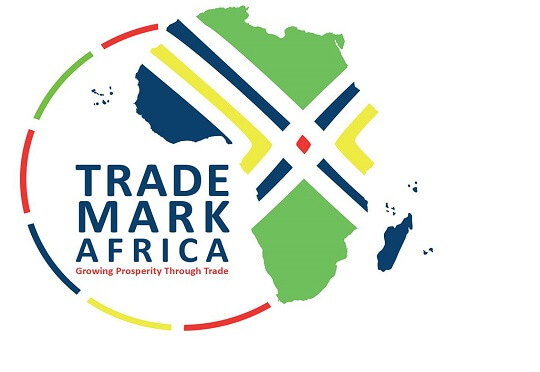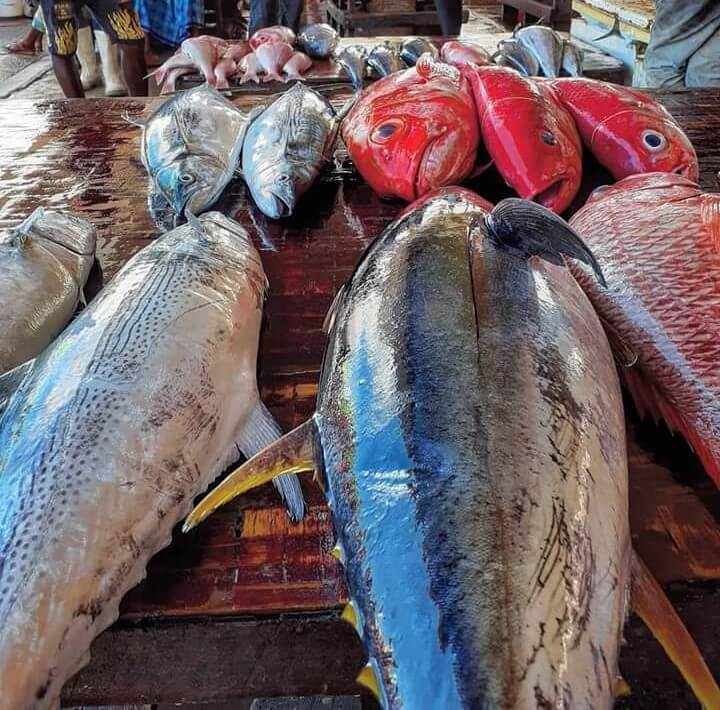TradeMark East Africa, one of the world’s leading aid-for-trade organisations has rebranded to TradeMark Africa (TMA) after receiving regulatory approvals in most countries of operation.
With the new brand, it aims at boosting its trade values across West Africa, starting with Ghana where it has officially launched.
The organisation says the rebranding is in line with its geographical expansion to the Horn, West, and Southern Africa, as well as its renewed strategy, programming, and implementation orientation.
Eleven countries including Kenya have already adopted the new name. Others include Burundi, the Democratic Republic of Congo, Rwanda, Tanzania, Ghana, Uganda, South Sudan, Somaliland, Mozambique, and Zambia.

It however clarified that all rights and obligations of parties to contracts, partner support, and financing agreements signed before the change of name will remain intact.
“We believe that combining a regional and national approach has always been part of our comparative advantage. With our expanded scope, we are excited now to harness the critical continental dimension to drive faster growth in trade volumes and to support linkages between regions,” said David Beer, TradeMark Africa’s Chief Executive Officer.
“TMA’s focus on reducing the barriers to trade and improving business competitiveness will also be a core element of tackling the trade challenges of the future, as we pivot towards creating green trade corridors and enhancing regional food security.”
TMA also announced plans to launch new brand events in Nairobi and in the capitals of the countries it is operating in.
In Kenya, TMA is noticed for setting up the Kenya Revenue Authority Integrated Custom Management System (iCMS) which has reduced clearance time for air freight from an average of 2 days to 2-3 hours as of 2021.
Beer said the firm has seen interventions along the Northern Corridor that connects Mombasa to Bujumbura drastically reduce the time and cost to transport cargo.
“At the Port of Mombasa where we have invested over $88 million to date, it took 11.2 days to clear cargo in 2010; it now only takes 3.5. The cost to transport a container from Mombasa to Kampala has dropped by half over the last decade,” Beer said.
He said the 15 One-Stop Border Posts that we have helped put in place have reduced the time cargo takes to cross borders by an average of 70 percent.
Source: Daily Nation







